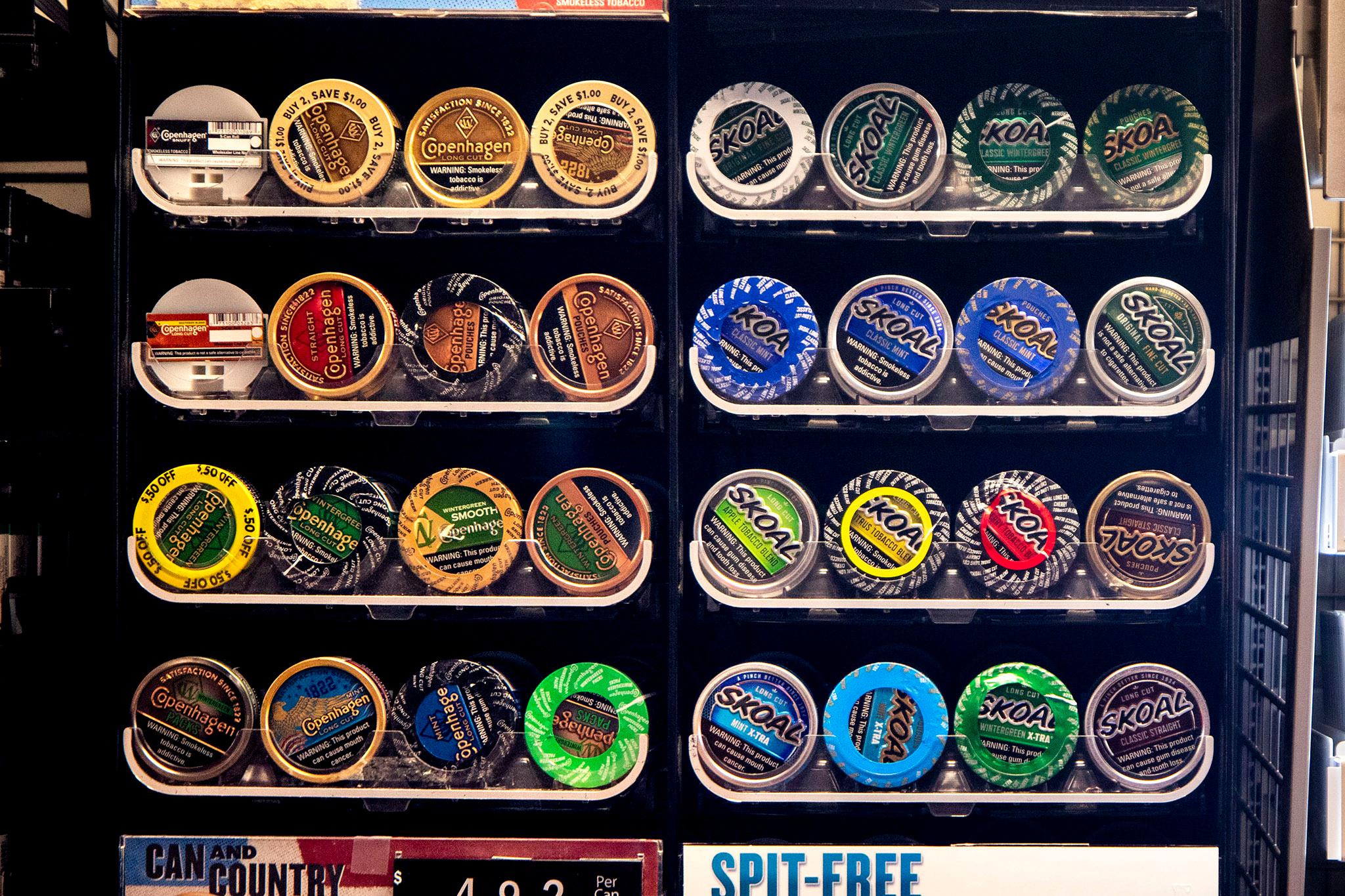Denver's school board passed a proclamation Thursday calling on City Council to approve a ban on flavored tobacco.
“As a former teacher, I think this is super important for us to take a stand on,” said Carrie Olson, president of the Denver Public Schools Board of Education. “This is really important for our students.”
It's not clear when Denver City Council would take up the measure, if at all. The council first must face a more immediate challenge: the city budget is under pressure, facing its slowest revenue growth in more than a decade.
Still, the move by the DPS board signals that the Council could revisit the issue. Three years ago the Council passed a similar proposal, which was vetoed by then-mayor Michael Hancock, who said at the time he would’ve preferred a statewide or metro area ban instead.
In response to the new proclamation from the school board, John Bailey, chair of the Colorado Black Round Table said, “I think that it's the right thing to do. I think that Council will see the value in trying to not only have a safe city, but a healthy city.”
For Bailey the issue has a lot of meaning. His wife Sharon, a trailblazing former school board member, died in 2021 at 68.
“My wife was a smoker, so I mean, that's why it's personal,” he said. “I think that her cigarette use had something to do with it.
“There's a direct correlation between tobacco use and different medical ailments, be it cancer or stress or whatever else. So yes, I think there's a direct connection,” he said.
About 5,000 Colorado adults die from smoking-related illnesses each year. Colorado spends more than $2 billion annually on health care costs for illnesses caused by smoking.
Cigarette smoking is the leading cause of preventable death and disability in the U.S. according to the U.S. Centers for Disease Control and Prevention.
Historically in Denver, the tobacco industry has targeted Black and Hispanic neighborhoods with widespread advertising and other tactics. A CPR News report last year detailed numerous documents establishing the link.
In recent years, the prevalence of smoking has dropped in Colorado for every race and ethnicity, but in general more people of color smoke and tobacco use is considered a key driver of disparities in life expectancy.
DPS’ proclamation lays out the case for a prohibition on tobacco flavors in 14 points.
It states that nicotine is a highly addictive drug, to which adolescents and the teen brain are particularly vulnerable; that menthol cigarettes and other flavored tobacco, often in kid-friendly flavors like “cotton candy,” “gummy bear” and “pink lemonade,” are “starter” products; that eight out of ten young people who ever used a tobacco product started with the flavored variety and 6.5 percent of Denver high schoolers are current e-cigarette users, with flavors driving consumption.
The proclamation also discusses how hard quitting can be: More than 40 percent of U.S. high school students who use e-cigarettes are frequent or daily consumers, “an indicator of addiction,” the school board wrote.
Bailey said he thinks many people are unaware of menthol’s deep and pervasive impact.
“I just think that we need to continue to educate folks and do our due diligence and not leave any stones unturned in terms of answering questions and helping people understand the implications,” he said.
The flavors issue has attracted significant attention and prompted reforms around the state. A few years ago, Colorado was top-ranked in the nation for youth vaping. Now the rates have dropped in this state, following a mutli-faceted community response that included education campaigns, lawsuits, higher taxes, tighter enforcement and a few local governments passing tobacco flavor bans.
The last time Denver City Council took up the issue, public health, education, anti-tobacco groups and advocates squared off with businesses like vape shops and convenience stores and the industry that makes and sells flavored tobacco products.
“Youth use can go down, absent turning it into a black market, absent flavor bans,” said Grier Bailey, executive director of the Colorado Wyoming Petroleum Marketers Association, which represents 2,200 retailers, including convenience stores, in an interview with CPR. “It shows that it will work without prohibition and without taking choices away from adults.”
Denver Mayor Mike Johnston has signaled he’s more open to the idea than his predecessor, while noting there are strong feelings on both sides.
“I had said before [that] I'd be willing to support it if the council wants to do it,” Johnston told CPR News in December. “I think that things that we can do to reduce usage, particularly to reduce adolescent usage, we know has a major impact. We know often people start smoking early in life. That's how you develop a habit that's hard to kick.”













